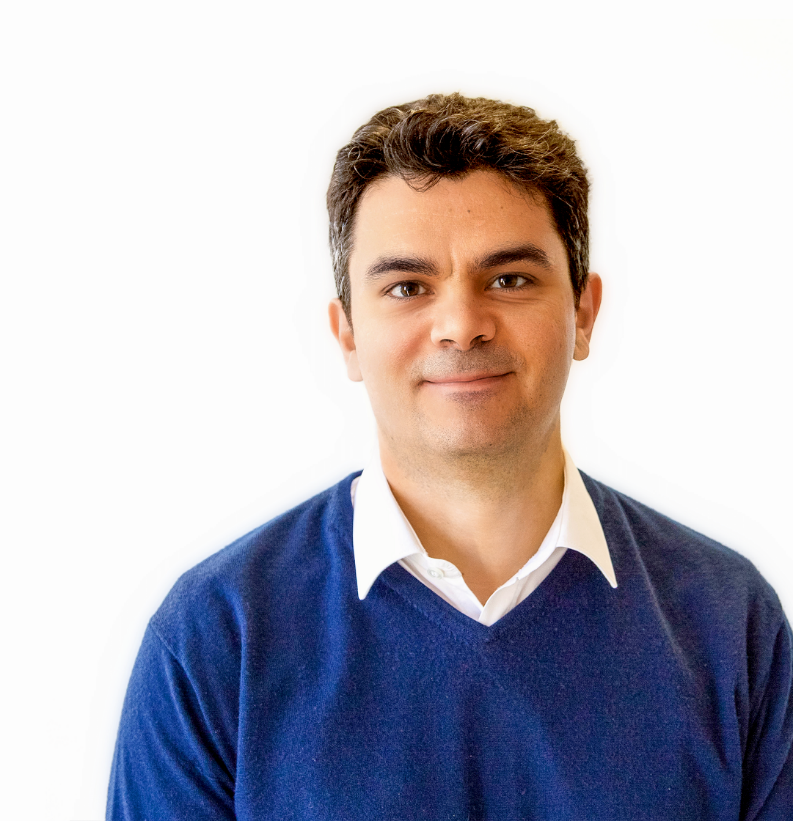Despite improved sentiment consumers still face financial strain as personal loan interest rates reach highest levels
- Income growth not keeping pace with inflation
- Consumers using unsecured credit to make up the shortfall
Gain access to more insights below:
Download the full Q3 2024 Debt Index here.
Although sentiment has improved since the suspension of load shedding, the formation of a coalition government, reduced inflation and interest rates, and the ability to access some retirement savings, consumers are still under severe financial strain.
This is revealed in DebtBusters’ Q3 2024 Debt Index, a quarterly evaluation of debt counselling applications.
Despite the series of positive developments, demand for debt counselling increased by 6% compared to the same quarter last year and online debt management grew by 10%.
Executive head of DebtBusters, Benay Sager, says that over the past eight years, income growth has not kept up with significant cost increases, and consumers are using short-term unsecured credit and personal loans to make up the shortfall. As a result, consumers need to allocate two-thirds of their take-home pay for debt repayments.
“Eighty-two per cent of people who apply for debt counselling have a personal loan and 53% a payday loan. This, at a time when unsecured interest rates are at 26,7%, close to the maximum 29%.”
Other findings from Q3 2024 Debt Index are that compared to 2016, consumers who applied for debt counselling had:
- 44% less purchasing power. Electricity costs 135% more than eight years ago and the petrol price has doubled contributing to cumulative inflation of 46%. Over the same period, nominal incomes have only increased by 2%.
- A high debt-service burden. Before coming to debt counselling consumers were spending 66% of net income to repay debt. This is up sharply compared to the last few quarters and is the highest since 2017. People taking home R35 000 per month use 72% of their income to repay debt and their total debt-to-net-income ratio is 176%. The most vulnerable consumers, who earn R5 000 or less a month, use 75% of their income for debt repayments. These ratios are at their highest-ever levels.
- Unsustainably high levels of debt if they are top earners. Average unsecured debt levels were 22% higher than eight years ago but are lower than the same period last year. For people taking home R35 000 or more unsecured debt levels were 52% higher. While only slightly higher than inflation growth, without meaningful salary increases, these consumers need to supplement their income with unsecured credit.
Need debt counselling or consolidation?
Explore DebtBusters' solutions for reducing your interest rates and unlocking cash.
Find out moreSager says that debt counsellors can renegotiate interest rates on unsecured debt from 26.7% to much lower single-digit rates which allows consumers to repay the most expensive debt faster. Vehicle debt and balloon payments can be paid over a meaningful period by getting the average interest rate of 15.3% down to a more manageable level.
“Debt counselling in South Africa works and benefits both consumers and creditors. Since 2016 the number of people who have successfully completed debt counselling has increased ninefold. In Q3 2024 alone consumers who received their clearance certificates paid back over R665 million worth of debt.”
ENDS

Benay Sager
Executive Head of DebtBusters





